Bergen County Rehab: Comprehensive Resources for Addiction Treatment and Recovery
Bergen County, NJ, boasts a robust network of reputable bergen county rehab centers offering diverse…….
Over 15% US adults have used prescription painkillers not prescribed to them.
In the intricate web of healthcare solutions, Bergen County Rehab stands as a beacon of hope for individuals seeking recovery and rehabilitation. This innovative approach has garnered significant attention globally, offering a holistic paradigm shift in treatment methodologies. The following article delves deep into the world of Bergen County Rehab, exploring its multifaceted aspects, impact, and the transformative potential it holds for the global healthcare landscape. Prepare to embark on a journey that promises to illuminate the path towards improved rehabilitation practices.
Bergen County Rehab is not merely a facility or program but a comprehensive, evidence-based approach to recovery and rehabilitation. It encompasses a wide range of services designed to address physical, mental, and emotional well-being, often targeting at-risk populations within Bergen County, New Jersey, USA. This initiative has evolved over the years, drawing from various therapeutic modalities and cultural practices to create a unique and highly effective system.
At its core, Bergen County Rehab emphasizes:
Historically, rehabilitation practices have often been criticized for being fragmented and lacking personalization. Bergen County Rehab emerged as a response to these challenges, aiming to provide a more integrated and client-centric approach. This model has proven successful in treating various conditions, including substance use disorders, mental health issues, and chronic pain.
The influence of Bergen County Rehab extends far beyond Bergen County’s borders, as its innovative practices have captured the attention of healthcare professionals worldwide. Several key trends contribute to its global impact:
These trends suggest a growing global consensus on the importance of personalized, holistic rehabilitation, with Bergen County Rehab at the forefront of this movement.
The economic implications of Bergen County Rehab are significant, both locally and internationally. From a market dynamics perspective, the demand for such services has been steadily rising, driven by increasing awareness and a growing aging population requiring long-term care. This trend presents substantial investment opportunities:
Moreover, the economic impact extends beyond financial metrics. Successful rehabilitation programs contribute to:
Technology plays a pivotal role in modernizing Bergen County Rehab practices, enhancing patient care and outcomes. Here are some notable advancements:
These technological breakthroughs not only improve patient experiences but also enable researchers to gather extensive data for further refining rehabilitation practices.
The development and implementation of Bergen County Rehab are guided by a comprehensive web of policies and regulations designed to ensure ethical, safe, and effective treatment. Key considerations include:
The interplay of these policies creates a robust framework that supports the delivery of high-quality Bergen County Rehab services while adapting to evolving societal needs.
Despite its numerous successes, Bergen County Rehab faces several challenges and criticisms that require careful consideration and strategic addressing:
To address these issues, collaborative efforts are required:
The following case studies illustrate the practical application of Bergen County Rehab principles and their impact on individual lives:
Case Study 1: Overcoming Substance Use Disorder
Sarah, a 32-year-old woman from a suburban area, struggled with an opiate addiction. After entering a Bergen County Rehab program, she received personalized counseling, medication-assisted treatment (MAT), and support groups. The program’s holistic approach addressed her physical dependence while also providing tools for managing underlying mental health issues. Following discharge, Sarah continued her recovery through aftercare programs and maintained long-term sobriety.
Key Takeaways:
Case Study 2: Rehabilitation for Veterans with PTSD
John, a veteran returning from a tour of duty in Afghanistan, battled Post-Traumatic Stress Disorder (PTSD). A Bergen County Rehab center specializing in military-related trauma offered him intensive therapy, including VR exposure therapy and group support. Through this program, John learned coping mechanisms to manage his symptoms and reconnected with a sense of community, leading to improved mental health and social reintegration.
Key Insights:
As Bergen County Rehab continues to evolve, several growth areas and emerging trends shape its future:
Bergen County Rehab represents a significant leap forward in the field of rehabilitation, offering a holistic, personalized, and culturally sensitive approach that resonates globally. Through its core principles, innovative technologies, and adaptive strategies, this model addresses critical healthcare needs and fosters positive change.
As the world navigates the complexities of modern health challenges, Bergen County Rehab stands as a beacon, guiding us towards a future where recovery and rehabilitation are accessible, effective, and life-enhancing for all. The journey has begun, and with continued research, collaboration, and dedication, the potential for transformation is boundless.
Q1: How does Bergen County Rehab differ from traditional rehabilitation centers?
A1: Unlike traditional centers that often focus on a one-size-fits-all approach, Bergen County Rehab emphasizes personalization and cultural sensitivity. It considers each client’s unique needs, backgrounds, and goals, offering tailored treatment plans and supportive environments.
Q2: Is Bergen County Rehab suitable for all age groups?
A2: Absolutely! This model is designed to cater to individuals across the lifespan, from adolescents struggling with substance use to older adults dealing with chronic pain or cognitive decline. Adaptable services ensure that diverse populations can benefit from this approach.
Q3: How does technology enhance Bergen County Rehab experiences?
A3: Technology plays a pivotal role by providing accessible therapy through digital platforms, wearable health devices for monitoring progress, and immersive VR therapy for specific conditions. AI algorithms also personalize treatment plans based on individual data. These advancements improve patient engagement and outcomes.
Q4: What are the benefits of community integration in rehabilitation?
A4: Community reintegration is a powerful aspect of Bergen County Rehab. It helps individuals rebuild social connections, gain practical support, and develop coping strategies for real-life situations. This approach increases the likelihood of long-term recovery and reduces the risk of relapse.
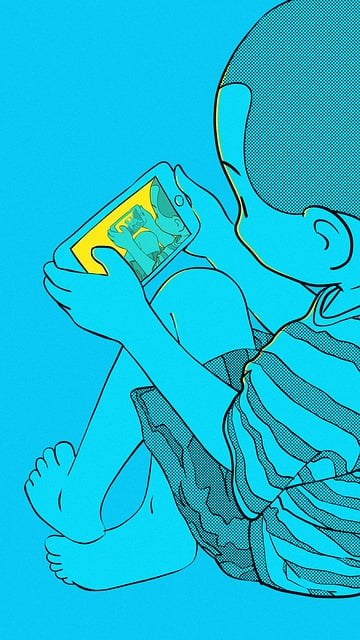
Bergen County, NJ, boasts a robust network of reputable bergen county rehab centers offering diverse…….
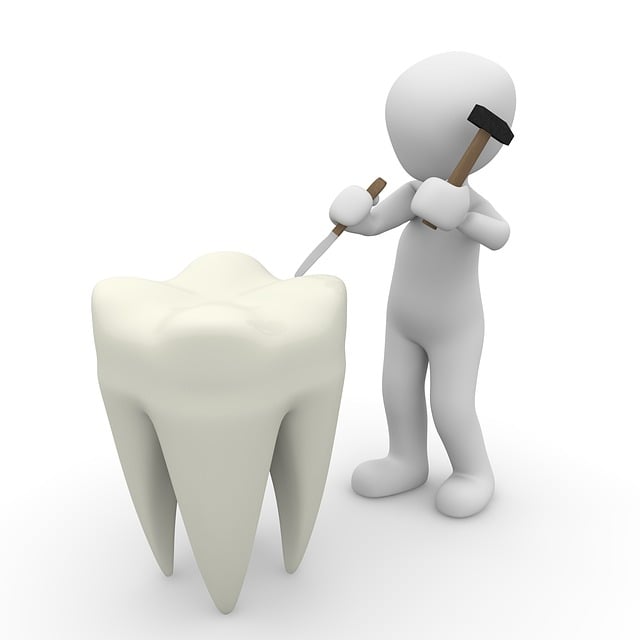
Addiction in Bergen County, NJ, is tackled through tailored approaches addressing local factors like…….
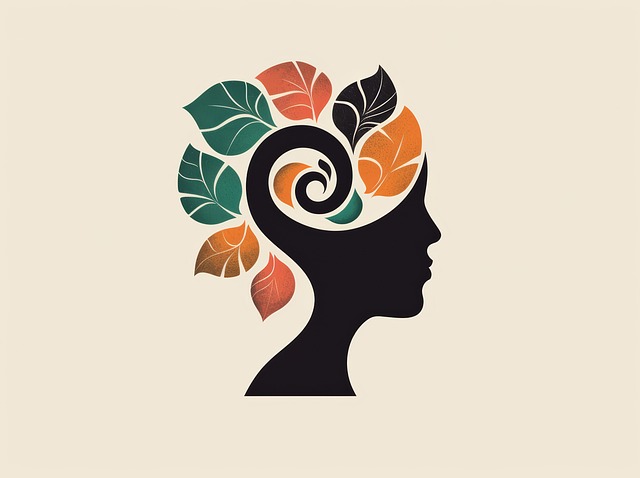
Bergen County, NJ faces a complex addiction crisis demanding a multifaceted approach. Recognizing ad…….
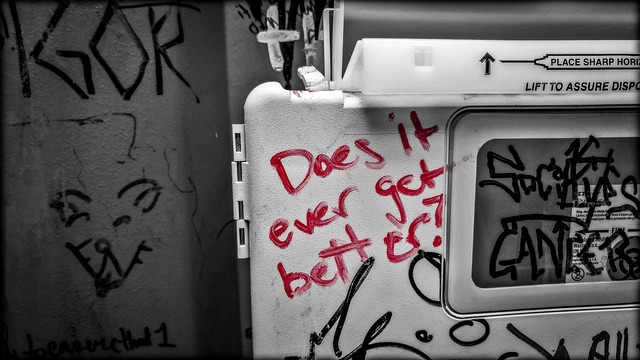
Addiction is a significant issue in Bergen County, New Jersey, prompting a growing demand for effect…….

Bergen County, New Jersey, offers a diverse range of addiction treatment options tailored to its var…….

Bergen County, NJ, offers a comprehensive network of specialized addiction treatment centers address…….

Addiction is a significant issue in Bergen County, New Jersey, affecting individuals across demograp…….
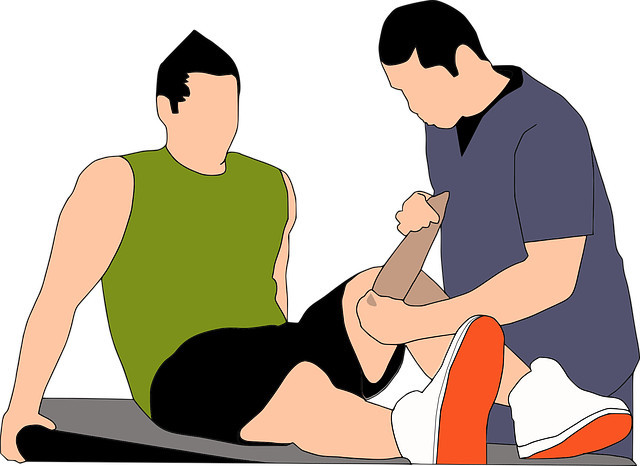
Addiction in Bergen County, NJ, presents diverse challenges due to varied substance abuse issues and…….
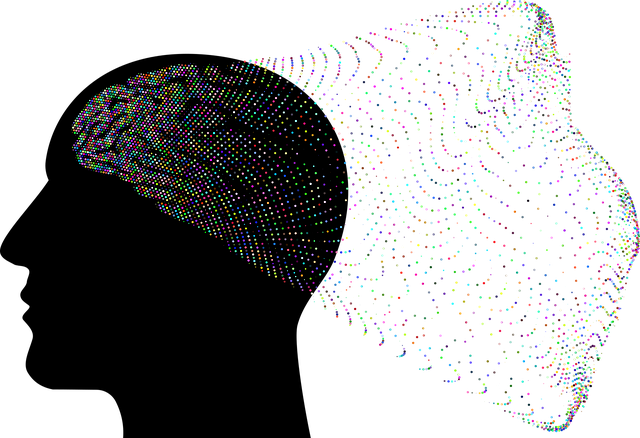
Addiction in Bergen County, NJ presents complex challenges due to its multifaceted nature and contri…….